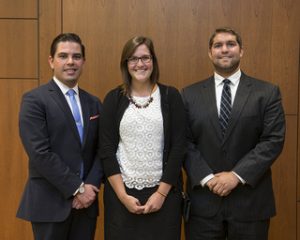Equal Pay Day, Rhetoric, and Reality

Today was Equal Pay Day, the date that indicates how much longer a woman had to work to earn what a man earned in the previous year. More than 20 years ago, the National Committee on Pay Equity started selecting one day a year—always a Tuesday in April—to highlight the continued disparity between men’s and women’s wages.
Now, you can quibble with me about the precise numbers or you can try to explain to me that there isn’t really a gender gap (both of which have been done and probably will be done again); however, as the Pew Research Center noted last summer, though some groups of women have narrowed the gap, there in fact remains some gap in wages between white men and all groups of women.
Much of that gap in wages can be explained by differing levels of education, workforce experience, or occupation. But even when you control for all of those more concrete and measurable variables, there remains an unexplained gap that may—may not—have to do with gender discrimination.


